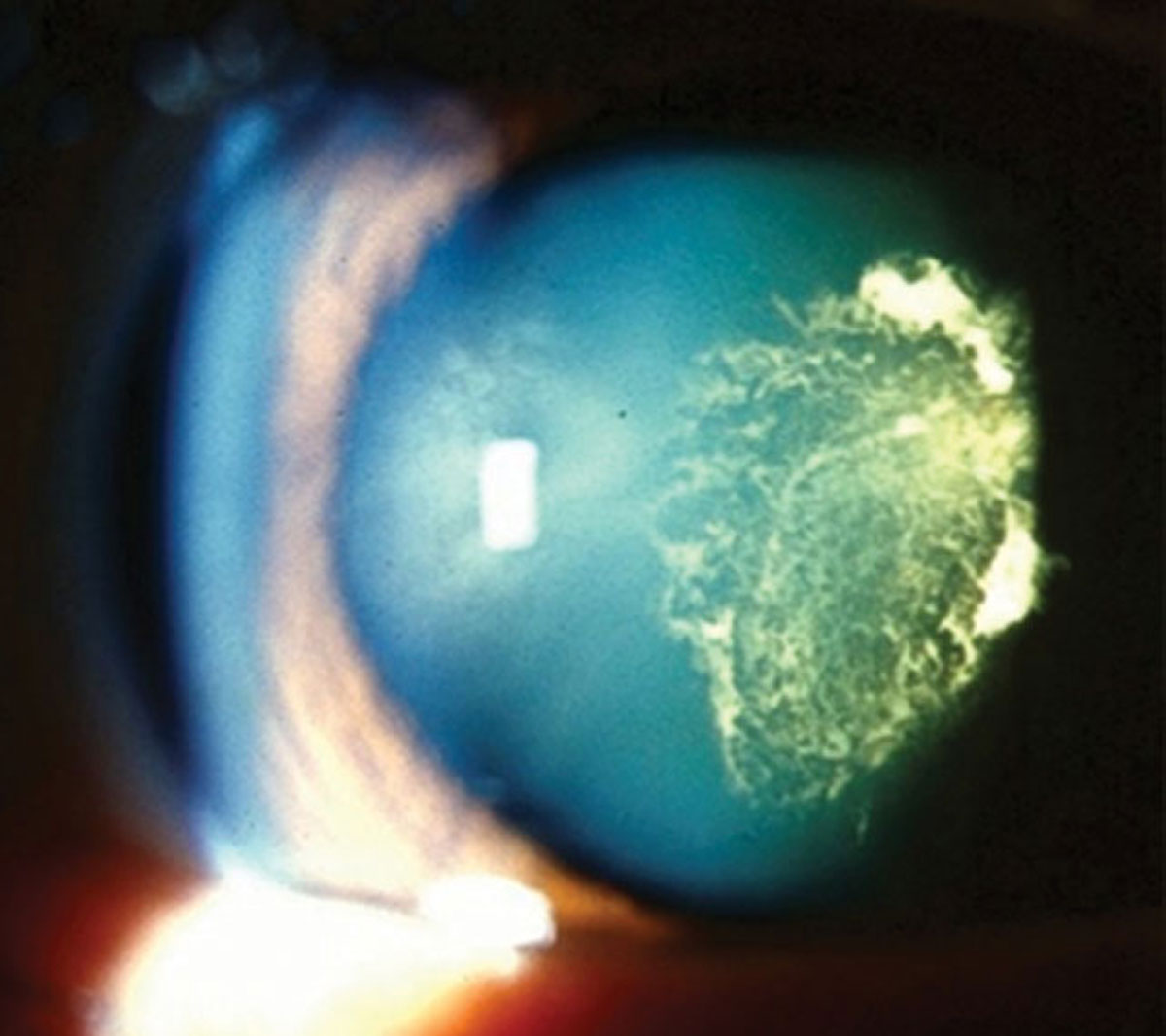 |
|
More people in Europe receive same-day bilateral cataract surgery than in the United States. Click image to enlarge. |
Cataract patients dislike the wait time between their surgeries and would often rather get them both done together. Why can’t they? New research aimed to elucidate where differences in perspective lie when comparing US to European doctors. The prospective study was conducted via an emailed survey-based questionnaire. It was sent to all 240 US surgeons who are also members of the Refractive Surgery Alliance (RSA) and 107 completed the questionnaire.
In response, 25.2% indicated that they currently carry out immediate sequential bilateral cataract surgery (ISBCS) and 22.5% noted that they would like it to be included as a standard of care for routine cataract surgeries. Surgeons who do not perform ISBCS indicated the most important factors as to why, including medicolegal issues and decreased reimbursement. These factors were much more important than considerations such as evidence of the effectiveness of ISBCS and complications related to the surgery. This is in stark contrast to the 67.2% of European ophthalmic surgeons who perform ISBCS.
These findings suggest that despite US surgeons not commonly performing or offering ISBCS, their attitudes are about the surgery are still favorable if the circumstances are right. Despite the favorable attitude, the majority of surgeons who responded to the survey do not believe ISBCS should be the standard of care for routines when it comes to cataract surgery, although this fact may change over time, as only 12.1% surgeons stated they would never consider ISBCS. It is also telling that the two largest limiting factors surgeons gave were unrelated to patient care entirely: medicolegal and reimbursement issues. Even further, reimbursement issues were seen as very important in about half of nonpractitioners as well as ISBCS practitioners. Essentially, then reimbursement becomes an obstacle that affects those regularly performing the surgery and may even result in financial difficulties.
The authors note that different practices may have different levels of financial consequences. Practices that mainly perform elective refractive lens exchange procedures or do not accept medical insurance likely have no financial consequences, while places including academic medical practice, health management organization networks and the Veteran’s Affairs healthcare system may set minimal financial barriers to perform this surgery. Worst off are practices that heavily rely on reimbursement from third parties (i.e., private insurance or Medicare), as these places are more likely to see considerable loss of revenue after adopting ISBCS.
The authors are hopeful that “medicolegal and financial aspects in the United States are likely to evolve over time, which may positively influence the attitudes of surgeons regarding ISBCS.” In the meantime, they say that “physicians can inform policy makers regarding the cost savings of ISBCS for the healthcare system while noting that a large decrease in physician reimbursement will inhibit its practice and widespread adoption of ISBCS will mitigate many concerns related to medicolegal issues.”
Rush SW, Guerrero Criado AE, Kezirian GM, Durrie D. Immediate sequential bilateral cataract surgery: opinions among refractive surgeons in the United States and a comparative analysis with European consultants. J Ophthalmol. September 6, 2022. [Epub ahead of print]. |


